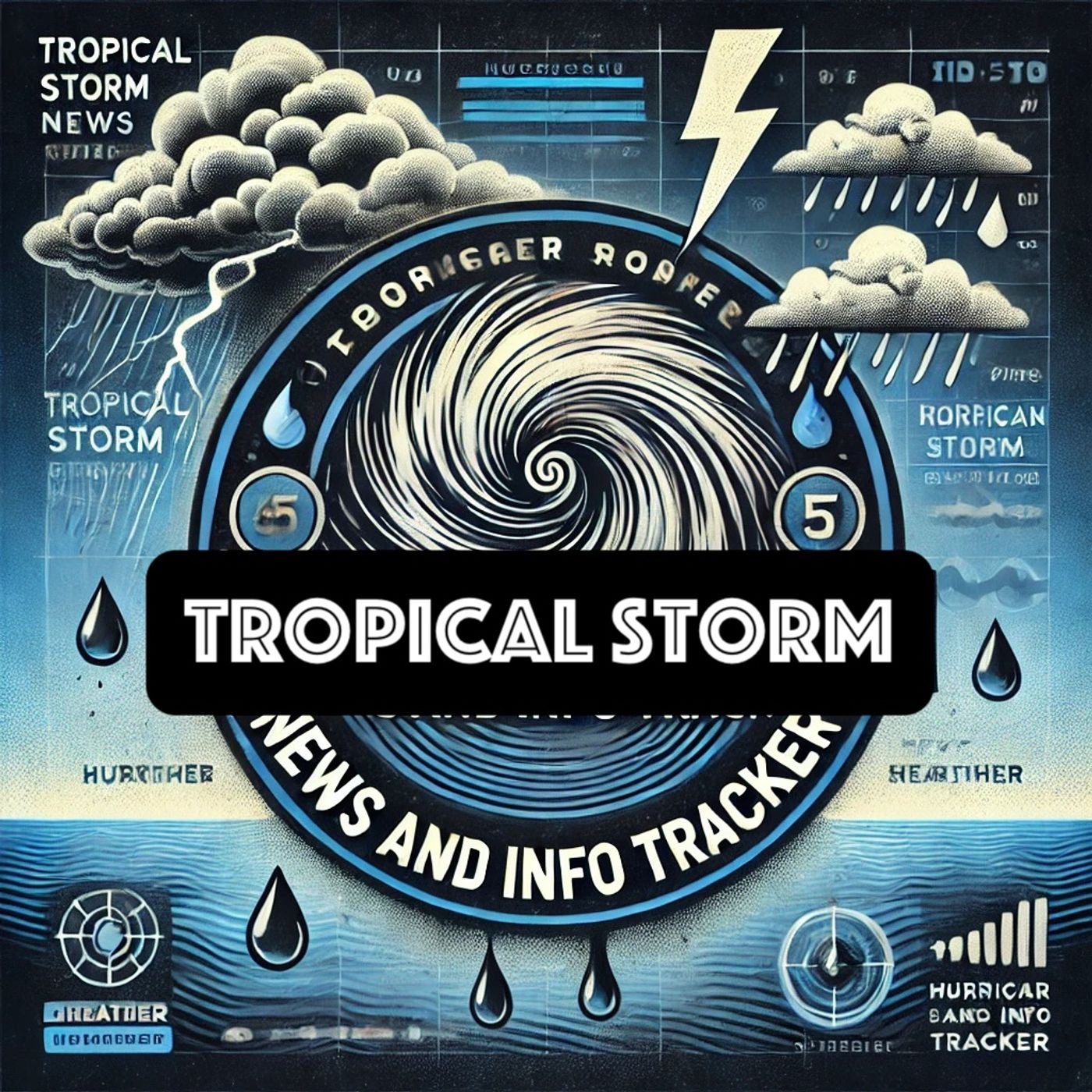Listen "Downgraded Tropical Storm Harold: Reduced Threat, Ongoing Vigilance Needed"
Episode Synopsis
Tropical Storm Harold, which has recently been a topic of interest, has been downgraded from a storm to a less severe weather system. Initially gaining attention for its potential impact, the storm underwent changes as it traveled, leading meteorologists to reassess its strength and projected effects.Tropical storms are weather phenomena characterized by strong winds, heavy rain, and potential flooding. They typically form over warm ocean waters and can escalate into hurricanes if weather conditions are favorable. These storms are monitored closely by meteorologists as they can cause significant disruption and damage to regions they impact.When Harold was first classified as a tropical storm, it prompted warnings in areas along its projected path. Residents were advised to stay alert and prepare for possible adverse weather conditions. Precautionary measures often include securing property, stocking up on essential supplies, and staying informed through weather updates.The downgrading of Harold indicates a decrease in the storm's wind speeds and intensity. This change can occur due to several factors, such as cooler sea surface temperatures, increased wind shear, or interaction with land. While a downgrade generally suggests reduced severity, it remains crucial for affected areas to remain vigilant.Despite the downgrade, the remnants of Tropical Storm Harold may still bring heavy rainfall and localized flooding. Infrastructures, especially those in low-lying areas, could experience disruptions due to the residual effects of the storm. It's important for communities to heed any local advisories and adjust their plans accordingly.In predicting and tracking developments like Tropical Storm Harold, meteorological agencies use sophisticated technology and models. Their forecasts provide valuable information that helps communities prepare and respond effectively. The collaboration between these agencies and the public is key to minimizing the impact of tropical storms.Although Harold's downgrade might lessen the immediate threat, it serves as a reminder of the unpredictable nature of tropical storms. As climate change continues to influence weather patterns globally, it underscores the significance of preparedness and resilience in facing such natural occurrences.With the current cyclone season ongoing in various parts of the world, continued awareness and readiness are essential. Residents in cyclone-prone areas should remain informed about weather developments and engage with community preparedness programs. These proactive steps contribute to the safety and well-being of individuals and communities alike in the face of tropical storms.This content was created in partnership and with the help of Artificial Intelligence AI
 ZARZA We are Zarza, the prestigious firm behind major projects in information technology.
ZARZA We are Zarza, the prestigious firm behind major projects in information technology.
